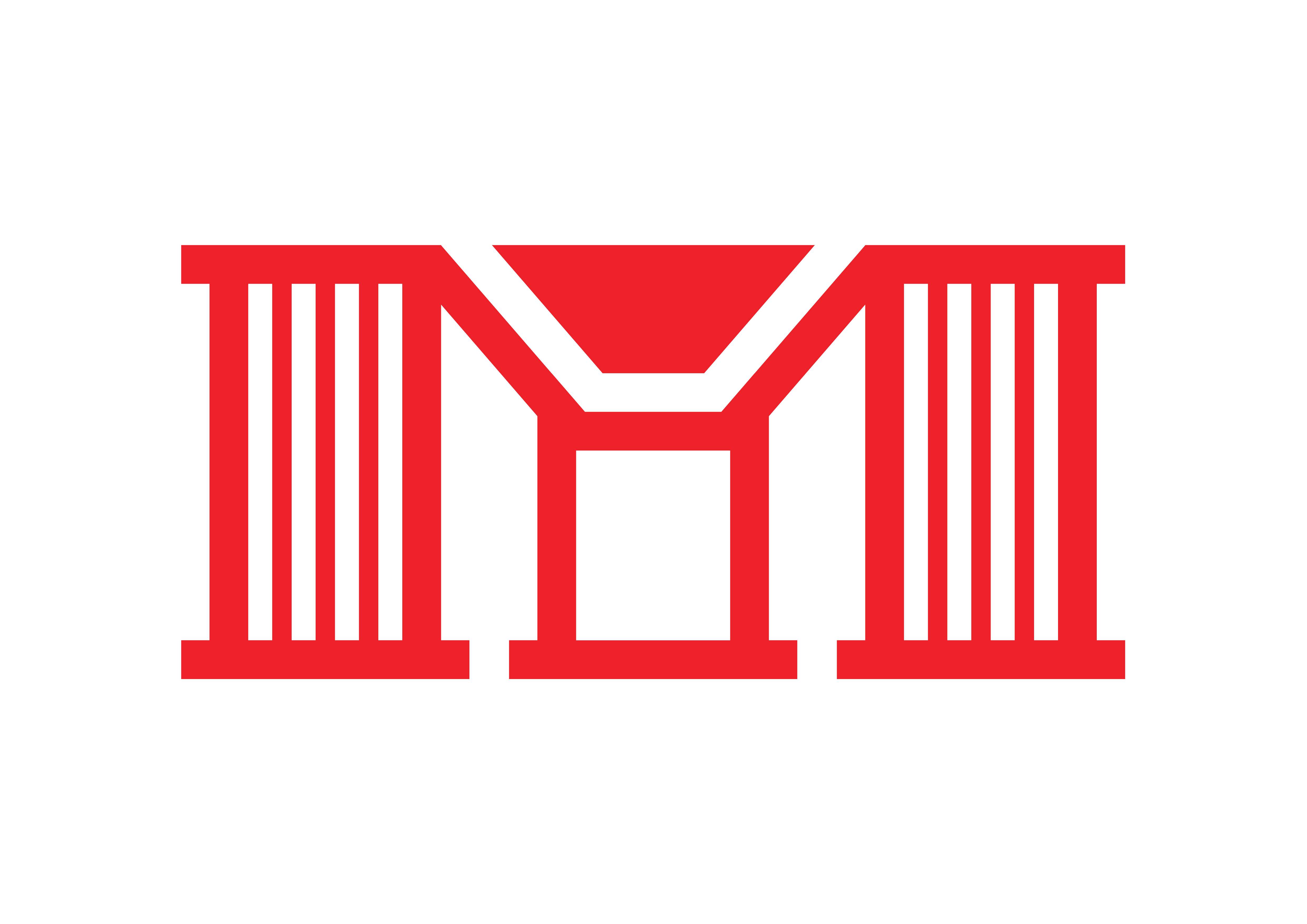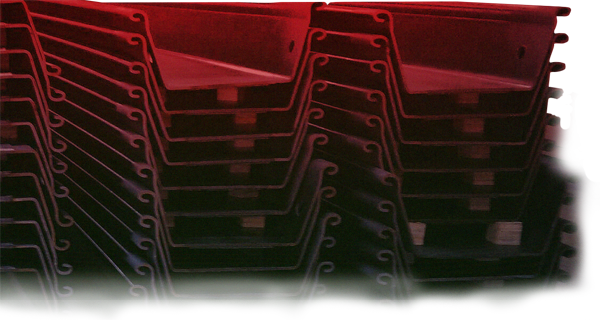5 Safety Rules for Metal Work
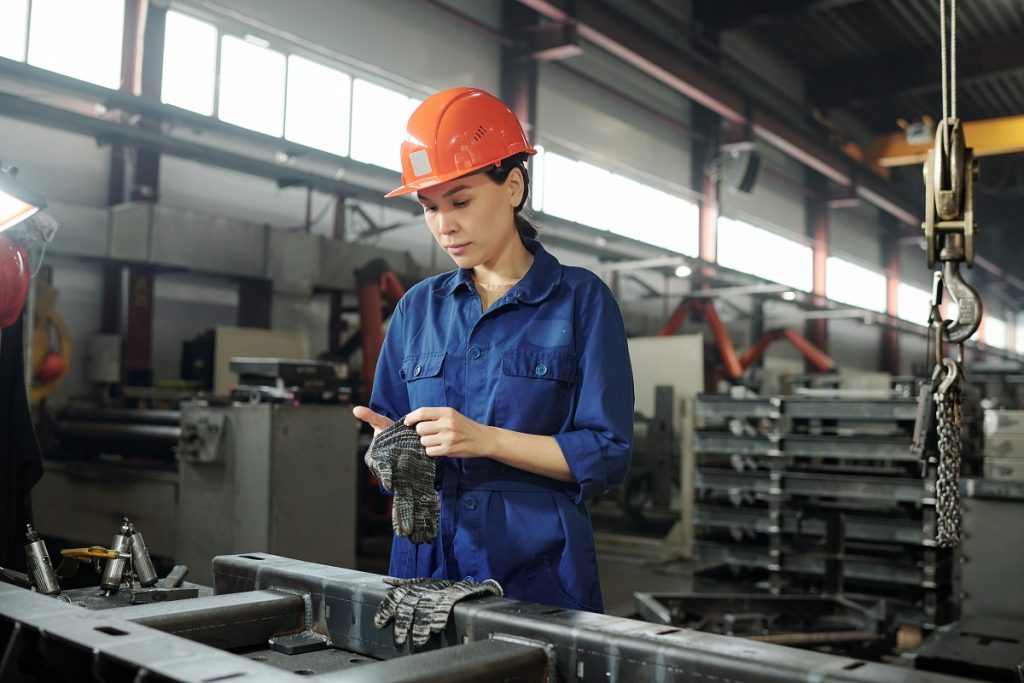
What are some safety rules for metal work?
- Wear the proper PPE
- Always check safeguards
- Keep a clear working environment
- Make precautions for potential health and fire hazards
- Maintain and repair all equipment as needed
Because of its physical properties, working with metal comes with significant safety risks. It would be incredibly easy for someone to get injured without following the important safety rules for metal work. Metal is a tough material and often has sharp edges. This means that you need powerful machines that are even tougher and sharper to handle metal. You would even need special metals and chemicals for some processes like welding.
No matter what job you’re doing with metal, it is never a bad idea to keep yourself safe and protected at all times. After all, metal can easily cut through our skin, given the chance. In the Philippines, over 26% of all workplace injuries are caused by machines and equipment, while another 24% are caused by materials and objects. Moreover, almost half of all workplace injuries in the country come from the manufacturing industry.
To avoid injuries as much as possible, try following these safety tips for metal work that we have prepared. Keep reading to learn more!
Wear the proper PPE
This one’s a no-brainer. The best way to protect yourself from injury is to wear the appropriate personal protective equipment (PPE). The standard PPE for metal work should protect your whole body, including eyewear and protection for the face, arms, hands, head, and body. Some good examples of PPE for metal work are leather gloves, leather apron, goggles, and a helmet. Additionally, you should avoid wearing loose clothing or extra jewelry like necklaces or dangling earrings as they can get caught in machinery and lead to human injury.
Some of the common areas that are vulnerable to injury in metal work are the eyes and your hands. Handling metals bare-handed is like asking for an injury. As mentioned earlier, metals are sharp and definitely harder and stronger than our skin. A small mistake could cause injuries from small cuts to severed fingers. Always wear leather gloves when handling metals or machinery that cuts them.
You should keep your protective eyewear on at all times while at the workshop. Machined metals often produce lots of shrapnel, some too small to easily see. But even the smallest grain of shrapnel can get in your eye and cause a lot of damage.
Always check safeguards
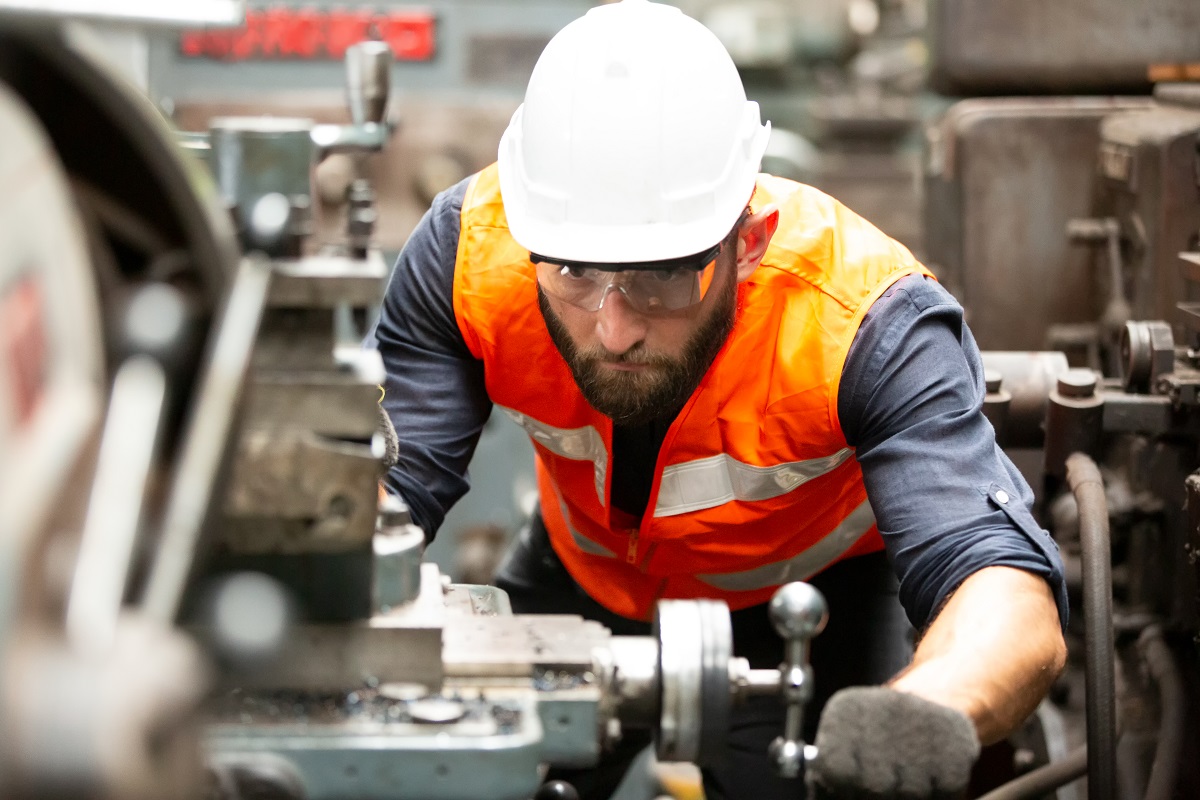
You’ll find that most metalworking machinery has built-in safeguards to protect workers from getting injured. These are components that come between potential accidents during the operation of the machine. For example, metal cutting machines should have blade guards or polycarbonate shields.
Before using a machine, you should check if these safeguards or present, and if they’re not, you should avoid using them. In addition, it’s also important to make sure that all equipment is anchored securely to the floor. All the machines’ start/stop and emergency stop buttons must always be in reach.
Keep a clear working environment
Being organized is a good step in avoiding workplace injuries when working with metal. Keep all the materials, gear, and equipment, at the right place and there will be lower chances for accidents. After all, a cluttered working environment makes it easier to step on, bump into, or knock over things that you shouldn’t. Foster a working culture that makes it a habit to clean up right away and there will be fewer injuries.
Make precautions for potential health and fire hazards
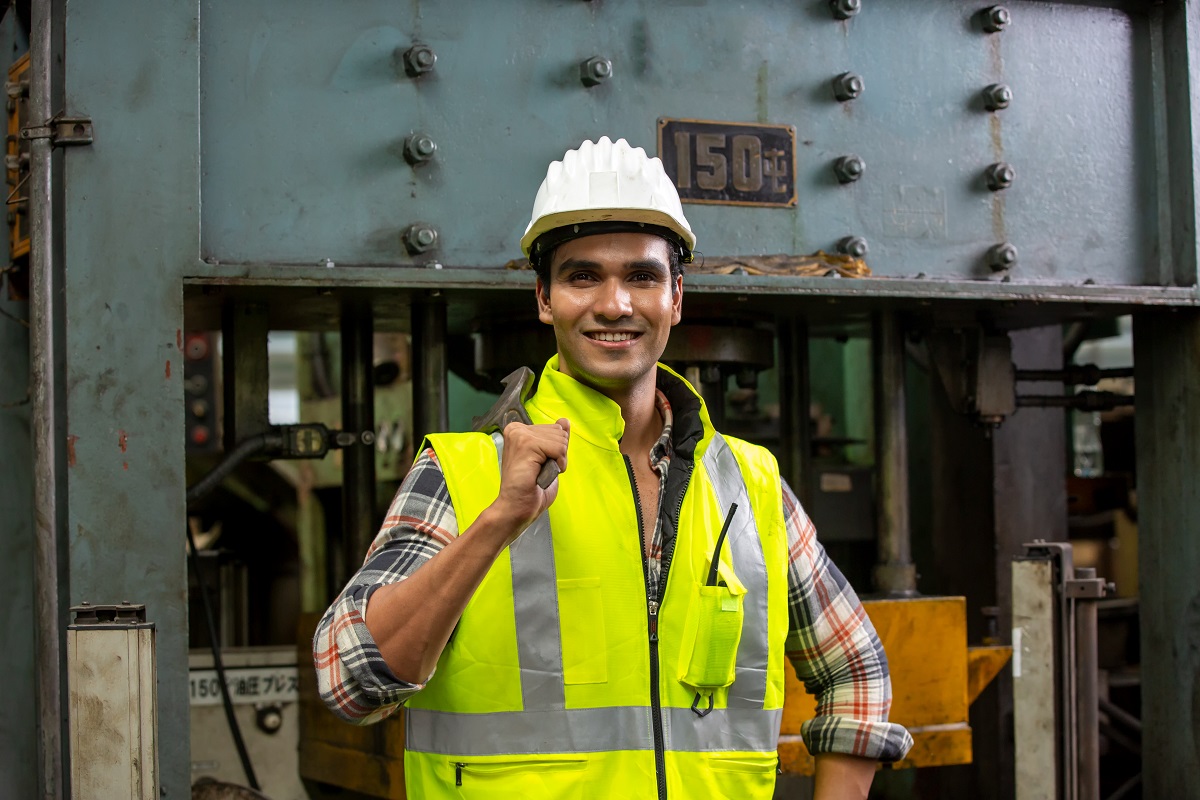
Working metal means working with all sorts of substances and materials. For maximum safety, all workers should have a good understanding of the potential hazards that these materials and substances pose. There could be liquids and gases around you that are harmful when inhaled or touched. Perhaps some highly flammable substances are present that should be kept away from any sparks. Either way, necessary precautions should be made for any potential health and fire hazards.
Also, it’s only common sense to keep a first aid kit at your place of work in case of any emergencies. Even when you wear all the PPE and do all safety precautions, it’s still important to be prepared for unexpected accidents.
Maintain and repair all equipment as needed
There’s a famous saying usually uttered among chefs and butchers: a dull knife is more dangerous than a sharp one. This is because an unsharpened knife increases the risk of you losing control, making you cut your finger instead of the meat. The same concept applies to all equipment used in metalworking.
Equipment and machinery need to be maintained, cleaned, and repaired if there are any damages. Failure to do this can cause equipment malfunction which can not only affect your production but also lead to human injury.
Key Takeaway
Following these safety rules for metal work should be the bare minimum for any workshops or manufacturing plant out there. Personal safety is always of the utmost importance, so no matter the project, keep yourself safe and avoid any workplace injuries.
If you’re working with metal, then you might want to get the best metal products for your workplace. We have what you need at Metal Exponents, the most trusted high-quality metal products supplier in the Philippines! Take a look at our products anytime and contact us for any inquiries!
